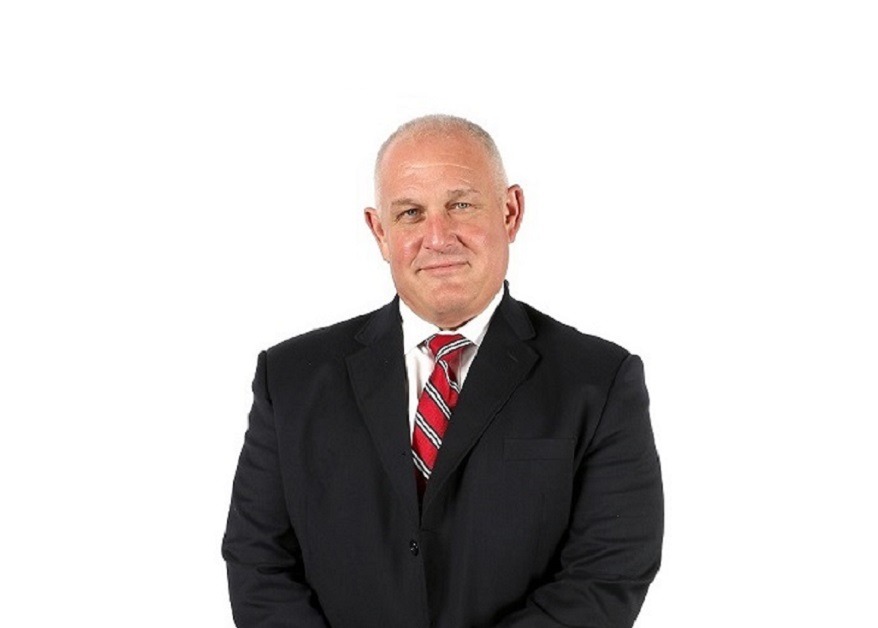The world is undergoing unprecedented events due to the Covid-19 crisis. Many industries have come to a halt in order to prevent continued spread of disease and protect our most vulnerable populations. However, a number of crucial industries continue to produce essential goods and services that society needs to survive. Because of this, many people today find themselves without work. For those in the U.S. without work authorization, finding and maintaining employment can be especially difficult.
Many clients meet with us and want to know whether they can obtain a work permit here in the U.S. The official name of a work permit is an Employment Authorization Document (or “EAD”). Foreign nationals residing in the U.S. must show prospective employers that they are authorized to work in the U.S. This blog post is a guide to those interested in exploring whether they can qualify for an EAD.
Permission to reside in the U.S. does not necessarily give authorization to work here. Some visas—like the L-1 visa—automatically prove authorization to both reside and work in the U.S. This type of employment authorization is known as “incident to status.” Other visas—like a B-1/B-2 visa—only authorize someone to reside temporarily in the U.S. and do not authorize an individual to obtain employment.
Additionally, some individuals may qualify for an EAD even if they do not currently have legal status in the U.S. These individuals typically have applications pending before USCIS or the Immigration Court. However, these individuals must fit within a category that USCIS has designated for eligibility. These categories include, but are not limited to:
- Individuals with pending I-485 applications;
- Individuals with pending asylum applications;
- Individuals with pending cancellation of removal applications before the Immigration Court; and,
- Recipients of Deferred Action for Childhood Arrivals.
If an individual falls within one of these categories or any other category found at LINK (link: https://www.uscis.gov/working-united-states/information-employers-employees/employer-information/employment-authorization), he or she may apply for a work permit. Eligible individuals must file form I-765, along with the outlined supporting documents and a filing fee (if applicable). It’s important to note that because the categories are so varied, the requirements for each category are also very different.
One example of this is the special requirements for applicants with pending asylum applications. Individuals with pending asylum applications must wait 180 days after filing an application before they can receive a work permit. Once an application is submitted (either with USCIS or the Immigration Court), it starts what we call the “EAD clock.” This clock (which would better be described as a calendar) has to reach 180 days before the applicant is eligible for a work permit. However, after the clock begins ticking off days, there are actions that an individual or their attorney can take that freeze the clock, and in effect disqualify someone for a work permit. This stems from a law found at 8 C.F.R. § 208.7(a)(2) which states, “Any delay requested or caused by the applicant shall not be counted as part of these time periods.” These actions can include missing appointments or requesting to reschedule appointments with USCIS. Often, many clients that are in deportation and removal proceedings stop the EAD clock by not electing an expedited individual hearing. However, they choose this in order to allow themselves time to prepare the strongest case possible.
At the end of the day, obtaining a work permit is often a complicated process. The instructions are very confusing for most people—many instructions are applicable only to a specific category through which an individual applies.
That is why it is crucial to have the best legal advice you can get on the subject. At Wilner & O’Reilly, APLC, we help clients with work permits on a daily basis. We have the experience and the knowledge necessary to help you understand if you are eligible to apply for a work permit. We have offices in Orange, Fresno, Riverside, Sacramento, San Bruno, California, as well as Orem and Salt Lake City, Utah, and Boise, Idaho to serve you better.
If you have any questions regarding these proposed changes or any other immigration matter, please schedule a free phone consultation at any of our offices.
ABOUT THE AUTHOR(S)
TAYLOR S. KENCK – ATTORNEY

Taylor Kenck is an associate attorney at the Boise office of Wilner & O’Reilly, APLC. For his undergraduate studies, he focused his studies on Spanish, English, and pre-law courses. He was actively involved in leadership in the Latino Student Association, the Spanish Honors Society, and Pre-Law Society. After graduating from his undergraduate studies, Mr. Kenck worked for the Washington State House of Representatives as a Legislative Assistant. He worked closely with state and local government leaders, including many leaders from the immigrant community. In his spare time, Mr. Kenck enjoys spending time with his family, reading (especially Latin American literature), writing, and martial arts.
RICHARD M. WILNER – FOUNDING PARTNER

Richard M. Wilner is a founding member of Wilner & O’Reilly, APLC and is Board Certified by the State Bar of California as a Specialist in Immigration and Nationality Law. He is admitted to practice law in the State of California and before the U.S. District Courts for the Central, Northern and Southern Districts of California, the Northern District of Texas, the U.S. Court of Appeals for the Ninth Circuit and the U.S. Supreme Court.Mr. Wilner has received the coveted Martindale-Hubbell AV Rating, the highest legal and ethical rating that one can receive from one’s peers in the legal community. Similarly, he has been awarded the title of Super Lawyer from 2007 to the present. He is best known for his work in advising Fortune 500 companies, middle and small market businesses, entrepreneurs and foreign nationals of extraordinary ability in athletics, arts, and sciences in the complex area of U.S. Immigration and Nationality Law.



Comments are closed.